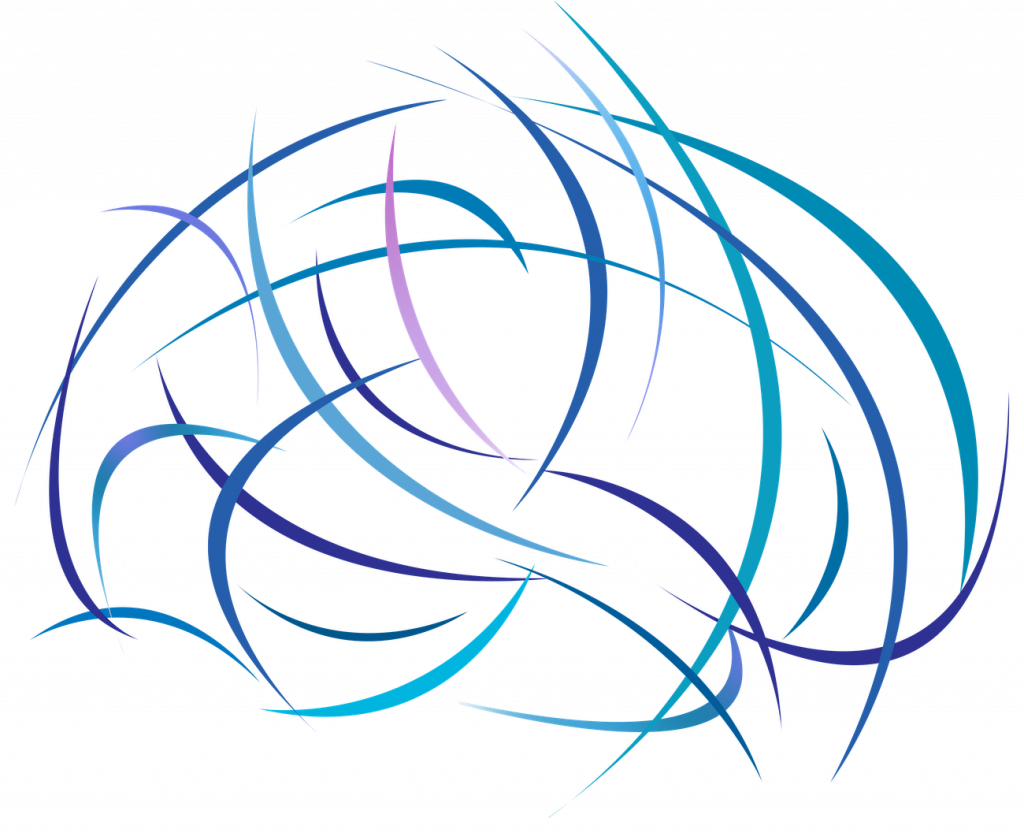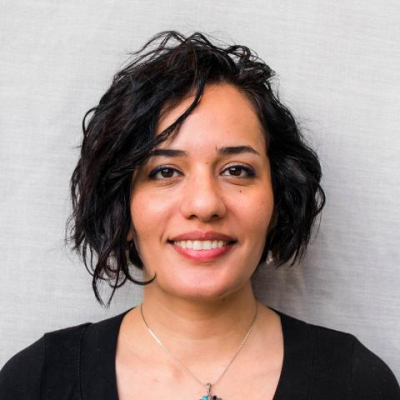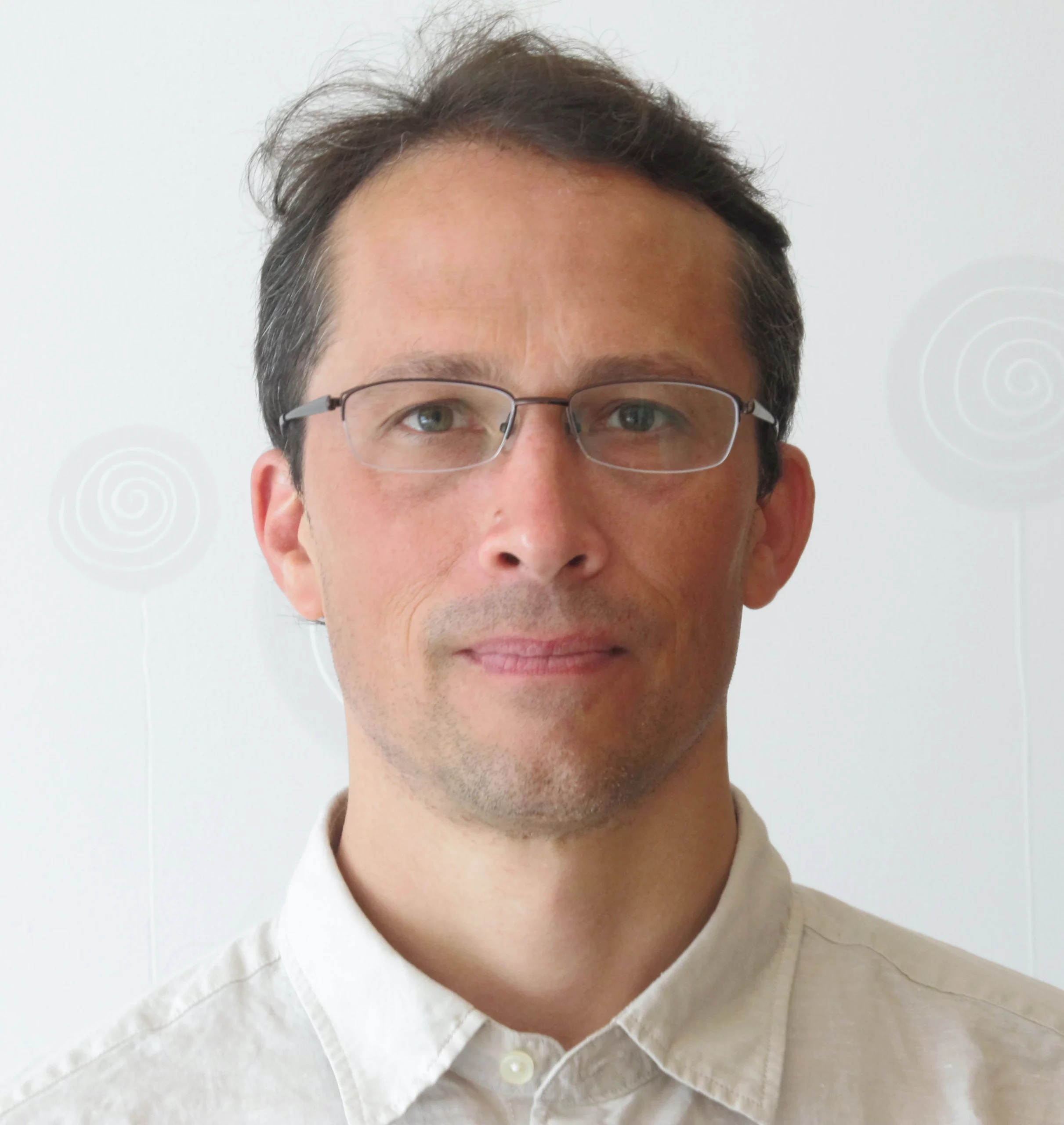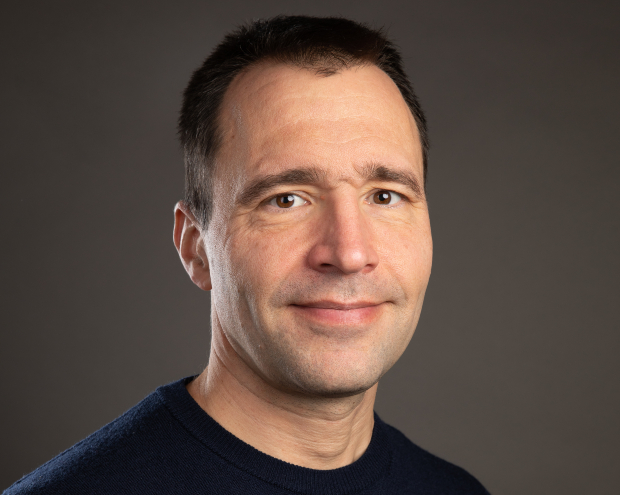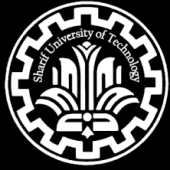Title
Formation and update of sensory priors in working memory and perceptual decision making tasks
Bio
Athena joined the faculty at Sainsbury Wellcome Centre (SWC), UCL, in November 2018. She obtained her BA in Biomedical Engineering from Tehran Polytechnic (Amirkabir University of Technology) and her PhD in Computational Neuroscience from International School for Advanced Studies (SISSA), with Alessandro Treves. She then became a postdoctoral fellow at SISSA where she switched gears towards experimental neuroscience with Mathew Diamond, and then at Princeton University where she was a Howard Hughes Medical Institute fellow and worked with Carlos Brody on working memory and decision making in rodents. Her Learning, Inference & Memory laboratory at SWC, is focused on understanding the fundamental principles of statistical learning – the ability of the brain to discover and exploit relevant regularities and structures in the world in an unsupervised manner. In all of her research programs, experiments are intertwined with hypotheses drawn from theoretical investigations and computational modeling. Since April 2020, Athena has also become an accidental advocate and researcher of Long COVID.
Abstract
The world around us is complex, but at the same time full of meaningful regularities. We can detect, learn and exploit these regularities automatically in an unsupervised manner i.e. without any direct instruction or explicit reward. For example, we effortlessly estimate the average tallness of people in a room, or the boundaries between words in a language. These regularities and prior knowledge, once learned, can affect the way we acquire and interpret new information to build and update our internal model of the world for future decision-making processes. Despite the ubiquity of passively learning from the structured information in the environment, the mechanisms that support learning from real-world experience are largely unknown. By combing sophisticated cognitive tasks in human and rats, neuronal measurements and perturbations in rat and network modelling, we aim to build a multi-level description of how sensory history is utilised in inferring regularities in temporally extended tasks. In this talk, I will specifically focus on a comparative rat and human model, in combination with neural network models to study how past sensory experiences are utilized to impact working memory and decision making behaviours.
